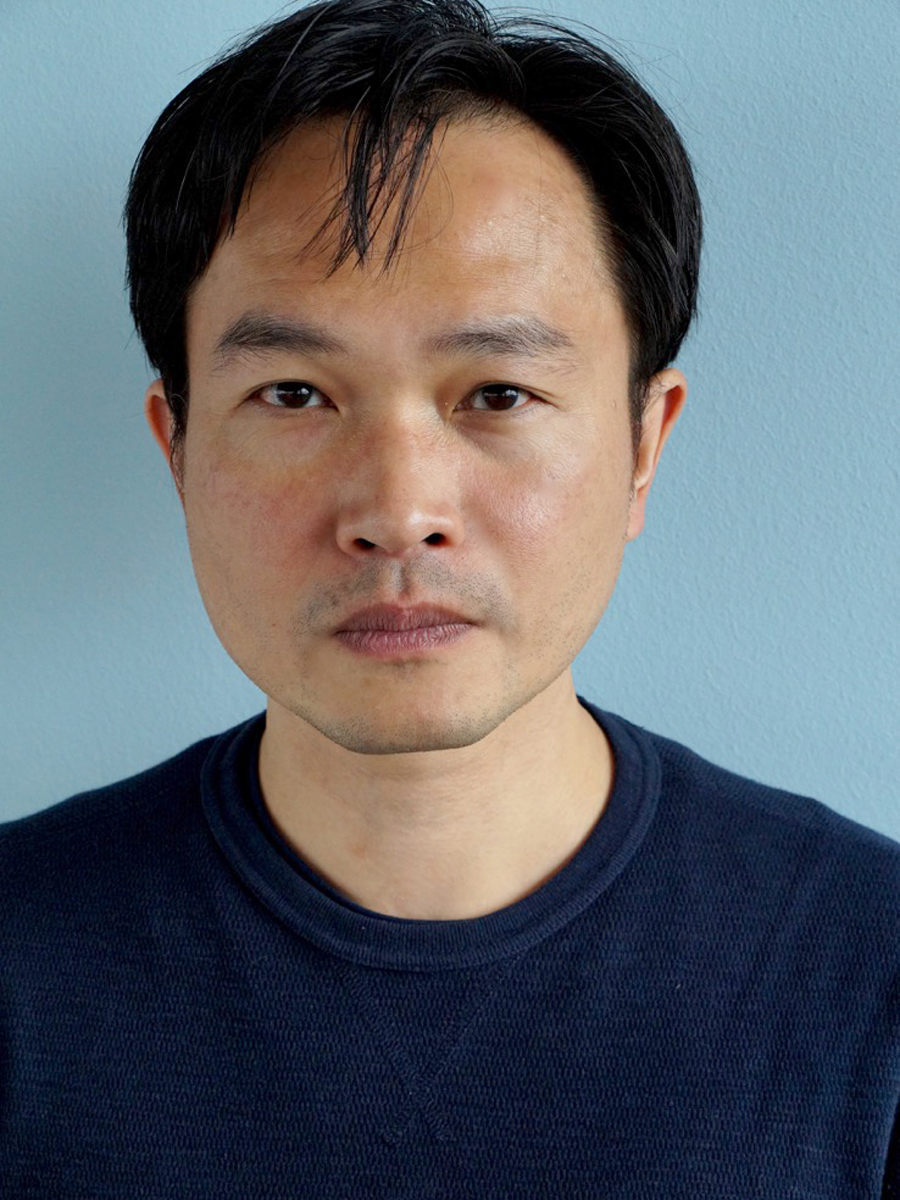Vita
Zachary Sng was born in Singapore. He did his undergraduate studies at Brown University, where he obtained his Bachelor’s degree in 1993 and his Master’s 1994. After college, he taught English literature at the high-school level in Singapore before beginning his graduate work in Comparative Literature (with a focus on German) at the Johns Hopkins University in Baltimore and the Graduiertenkolleg ‘Die Figur des Dritten’ at the University of Konstanz in Germany. He joined the faculty of Brown University in Fall 2004, where he is currently Associate Professor of German Studies and Comparative Literature.
His first book The Rhetoric of Error from Locke to Kleist, based on doctoral research conducted in Baltimore and Konstanz, appeared with Stanford University Press in 2010. In it, he explores the relationship between language and understanding through the figure of error, and examines how writers claim to generate knowledge out of and about error in the period between the Enlightenment and Romanticism. His second book, Middling Romanticism: Reading in the Gaps, from Kant to Ashhbery, appeared in 2020.
His other research and teaching interests include: rhetoric, literary theory, performance and media studies, the history of aesthetics, and translation theory.
Middling Romanticism
ICI Affiliated Project 2017-18
The project examines a complex of ideas such as the medium, mean(s), mode, moderation, and mediocrity, all of whose sedimented genealogies converge in the figure of the middle. The focus is on British and German writers of the romantic period, which is a crucial epoch in history of imagining the middle.
Within some keys texts from this period, I analyze what I call the work of ‘middling’ – the general attempt to divest from the self-evident, self-effacing middle, and to open up in its wake a horizon of new relationships between origin and conclusion, poverty and plenitude, speaker and addressee, deficit and surplus, self and other. The activity of romanticism’s middling is as generative as it is ambivalent, as devoted to gathering as it is to separation, to holding in relation without collapsing into sameness. The word ‘middling’ also dramatizes the critical fate that has dogged the concept: when we take the activity of ‘middling’ for granted, we lose our sense of its dynamism and it settles into an unsatisfactory sense of mediocrity and compromise.
The goal of the project is to critically question our own relationship to romanticism and to challenge our tendency to read romantic literature and philosophy instrumentally, as a transparently mediating period that paves the way for modernity. To this end, the book is organized around a series of triangulated readings that juxtapose romantic writing about the middle (by Schlegel, P. B. Shelley, Kleist, Hölderlin, etc.) alongside classical sources as well as twentieth-century interlocutors (Benjamin, Heidegger, Susan Buck-Morss, John Ashbery, etc.)


